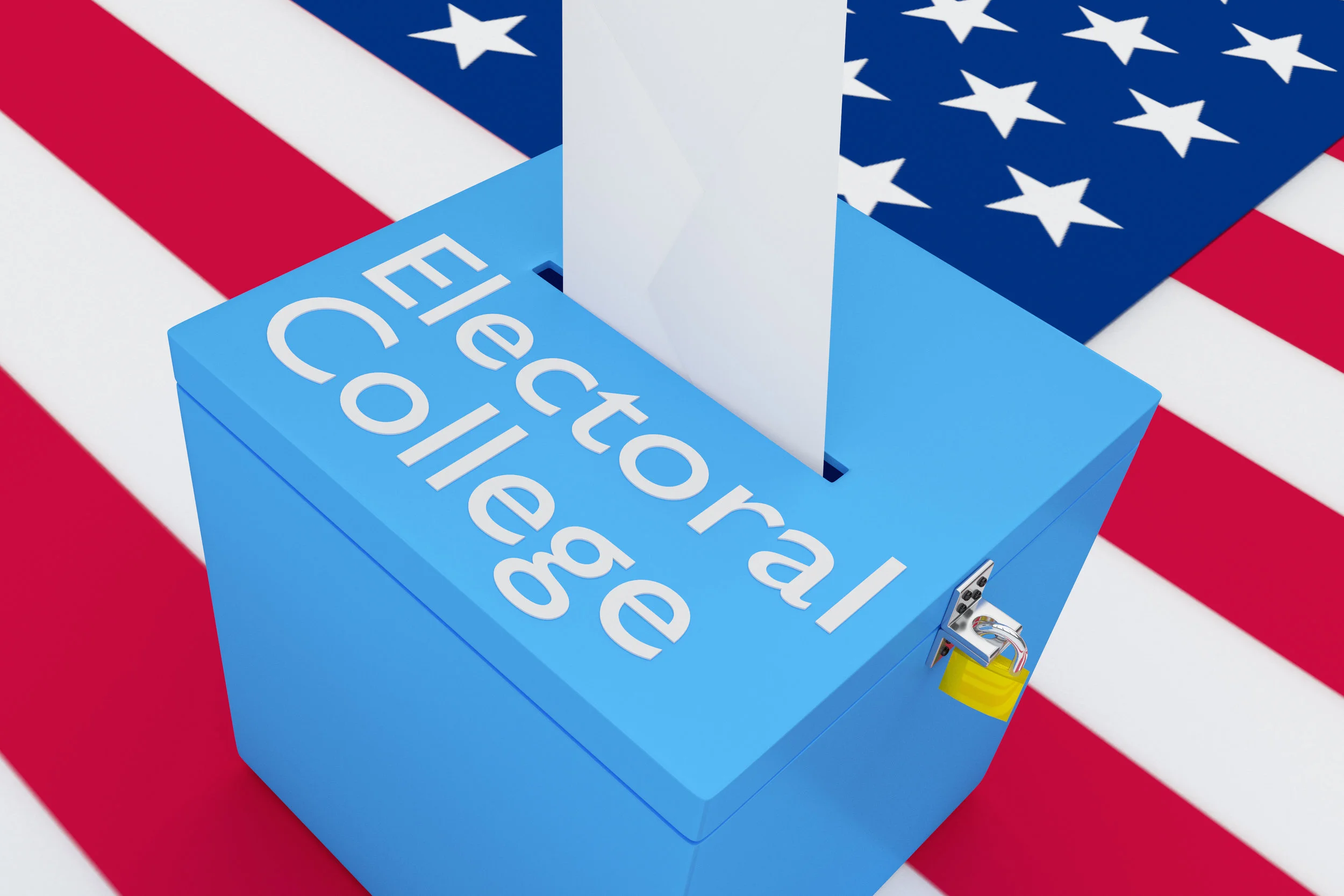Someone asked me the other day what I most disliked about the Electoral College system (that any state law can change). Huge is the fact that the system virtually forces the candidates to ignore the views of the vast majority of Americans. But here's the whole list of what disturbs your correspondent.
1. Makes the views of most Americans irrelevant to presidential candidates. The Electoral College system creates swing states—they are accidents of demography, states where the balance of right and left leaning voters by happenstance is roughly equal. Most state populations tilt one way or the other. These are the ignored states, because the candidates know who will win the plurality. But more than 80% of Americans live in the land of the ignored. There strong majorities support more government action on infrastructure, shift to clean power, limitations of the size of magazines in assault weapons, the well-off paying a higher percentage of their income in taxes than the middle to lower income households, more government support of higher education so college doesn't cost an arm and a leg, and immigration reform to give clarity to millions of people about whether they can or cannot ever become citizens. The Electoral College system motivates the candidates to appeal to the views of the few and ignore the wishes of the many.
2. Bad for Black Americans. The framers of the Constitution designed the Electoral College to make sure that no abolitionist could become president. When Lincoln got elected in 1860, and the civil war ensued, in the aftermath the former Confederate states in the south adapted the system to make sure that all electors from their state represented white supremacists and no former slaves could ever send an elector to choose the president. To this very day that same system suppresses the relevance of African American votes in almost every election. This is why Barack Obama got zero electors from South Carolina to Texas—right across the heartland of the old Confederacy.
3. Unfair to women. The Electoral College is biased against women. More women vote than men. Women turned out a bigger majority for their preferred candidate than men did for theirs. But somehow the choice of males got elected in 2016 and 2000. Why? The Electoral College made the election turn not on the views of the whole country but only on the skinny margins of a handful of states where the views of women were felt a little less strongly than in the whole country.
4. Treats legal immigrants as second class citizens. The Electoral College is biased against immigrant citizens even to the second generation. Most immigrants live in just five states—the states that are portals to the country. In all these five except Florida the candidates of both parties take the election results for granted, and so they ignore the wishes of immigrants. And in Florida the immigrants who matter most matter are Spanish speakers not from Mexico. No candidate could campaign about a wall or rail against immigration except for the unfairness of the Electoral College.
5. Throws shade on workers. The Electoral College is biased against workers who hold jobs located mostly in the 40 states that are taken for granted. Loggers and longshoremen for example are ignored while coal miners get lots of attention. Why? Coal miners live in swing states. The others don't. This unfairness exists only because every vote does not matter—hardly any votes matter except those in swing states.

